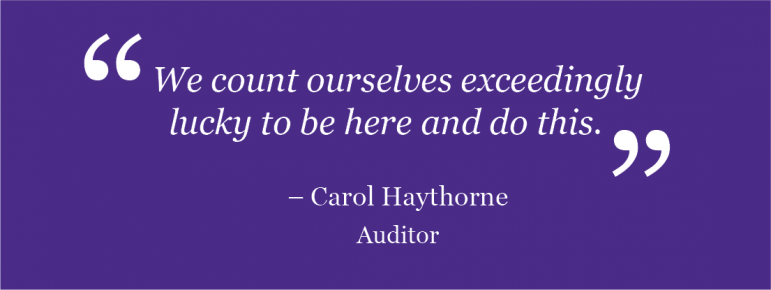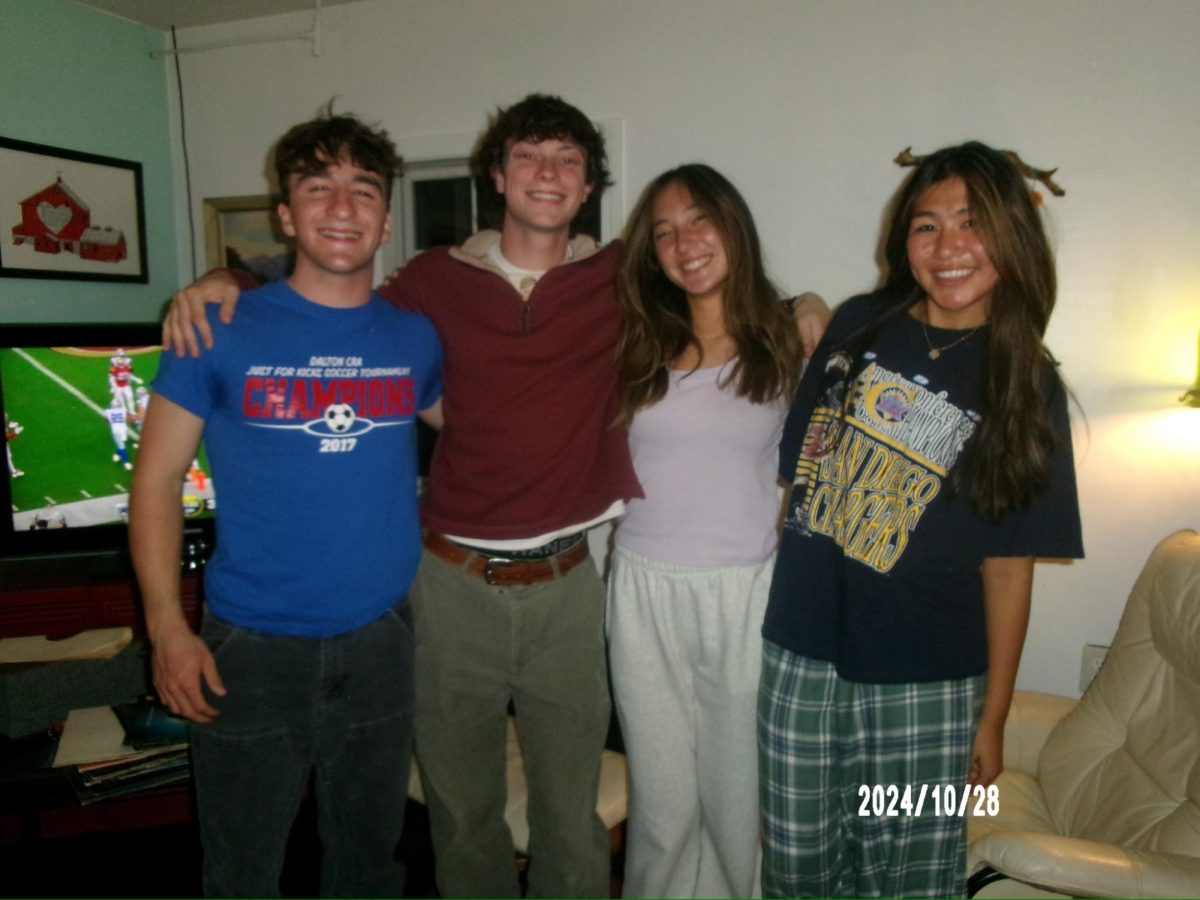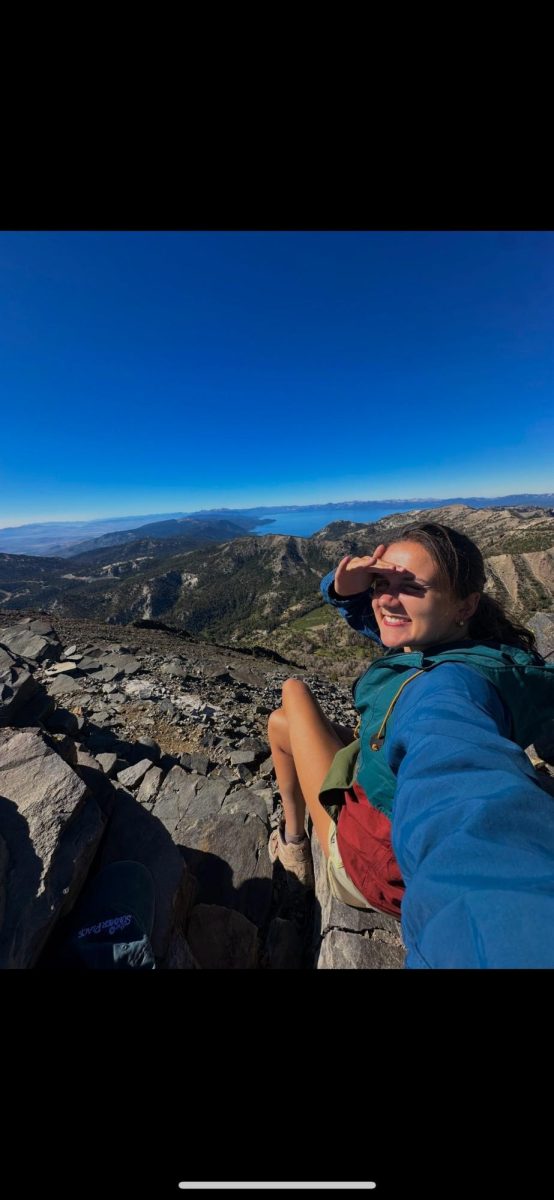
For non-students residing in a small college town like Williamstown, being part of the community often means joining the student experience and intellectual life of the College by auditing a course.
The auditing program — which is available not only to students at the College but also to faculty, staff and local residents — is free. Getting into a course is not guaranteed, however, and prospective auditors must contact the instructor of the course for permission to audit. Different professors have their own academic standards for their auditors in terms of participation, assignments and exams, so the auditing experience often varies from course to course. As auditing a course is done at the professor’s discretion and not through the registrar’s office, auditors receive no academic record for their work, and the College does not collect data on auditors’ names, emails or registration statistics.
For Carol Perkins, a local resident, it has been a “privilege” to take advantage of the College’s auditing program. She has taken classes related to her main passion of poetry, as well as a wide variety of other courses that she finds intriguing.
“Poetry, song and performing arts have woven together a consistent thread throughout my years as a small child, a student, a first-grade teacher, mother and a professional actor,” Perkins said. “My love of the written, sung and spoken word has culminated in a passion for writing poetry myself, resulting in a fervor for further study of all aspects of the art.”
Perkins has taken “The Art of Poetry,” “Poetry in the City,” “Modern Poetry” and “Lyric Poetry,” taught by faculty in the English department: Lawrence Raab, Anita Sokolsky, James Pethica and Jessica Fisher, respectively. She said she has found Fisher’s class especially rewarding and has audited her courses twice consecutively. “Lyric verse has become my concentration as I compose my own work,” she said.
Beyond poetry, Perkins has also audited courses for “pure enjoyment,” such as “Hollywood Film,” “The Language of Film Music” and “The Broadway Musical.” She expressed her gratitude for the professors who allowed her to audit a class and said she hopes to call herself an “auditing student for the foreseeable future.”
Lenox resident Carol Haythorne has audited a course with a friend every semester for the past five years.
“For those of us of a certain age, it’s always fun to be around younger people and hear their ideas and get a feel for where they are in terms of life and intellect — and of course the course content is terrific!” Haythorne said of her auditing experience.
For Haythorne, the 35-minute drive to and from the College serves as an opportunity to “chat about the subject” she is taking with her friend. Past courses have been in English, art history, history and philosophy.
“Williams professors and students are incredibly dynamic and impressive, and we count ourselves exceedingly lucky to be here and do this,” Haythorne said.
Besides community members and residents, language teaching associates (TAs) are not only allowed but are required to audit at least two classes at the College.
Zakaria Hatarbach, an Arabic TA, is auditing “Advanced French” and “Music Cultures of the World.”
“I chose these classes because I want to improve my French as well as to learn about something totally new and different from [my] major, which is education,” Hatarbach said. “I would like to explore what it feels like being a student [at] an American university.”
Auditing the courses has not only been an enjoyable experience for him but has also exposed him to Williams professors’ teaching styles — something Hatarbach said may prove useful in his future chosen career.
“I am not only a student in class, but I also see myself as an observer,” he said. “I observe how professors teach and I learn from [their] techniques and pedagogy so that I can improve my teaching in the future.”
Of course, many students at the College also audit classes in lieu of taking a fifth graded course, for a variety of reasons.
Ben Hearon ’20 audited “American Art and Architecture, 1600 to present” this fall. He was unable to take five courses because of the workload but still wanted to take an art history course before he graduates.
“As I’ve gone through Williams, the feeling of a need to take that additional preprofessional course has faded and been filled by a pressing desire to take unique courses that I won’t have access to after graduation,” he said.
Chris Avila ’21, who audited “Environmental Law,” said he “wanted to learn more about the topic to build in a mechanism of self-study of this field in preparation for writing a fellowship application.” It was easy to register for the course — “just a quick email to the prof and a form at the end of the term,” he said — and he said that he intends to audit a class again in the future.
Hatarbach, however, has had a less positive experience with registration. He said he has been denied from classes which were closed or deemed too easy for him. “I will take two more classes in the spring, but I do not intend to take any more audit classes in the future,” he said.
But while signing up to be an auditor can sometimes be the most difficult part of the course, Perkins, Hatarbach, Hearon and Avila all said they enjoyed the low pressure and lack of grades associated with auditing.
“When you audit a class, you do not worry about grades and exams, which means you feel relaxed and comfortable learning,” Hatarbach said. “According to the humanistic approach in teaching and learning, students learn best when they feel comfortable and relaxed in the classroom.”
“Listening to fine, erudite Williams College professors teach bright, eager-to-learn students lies at the heart of the auditing experience,” Perkins said. “What a privilege it is then to attend such classes and complete the requisite reading assignments…. with no responsibility to meet grades, complete papers or take exams!”







